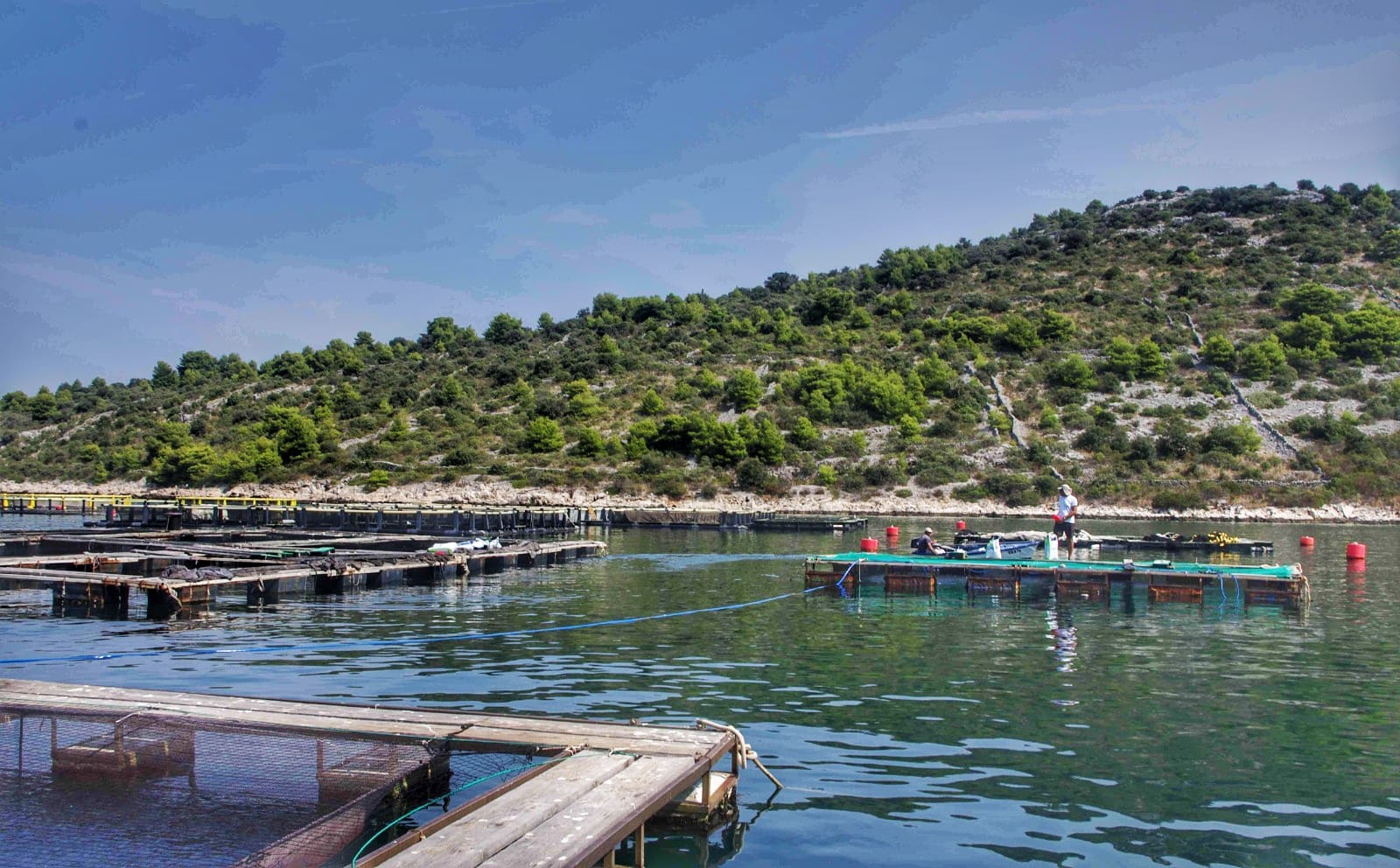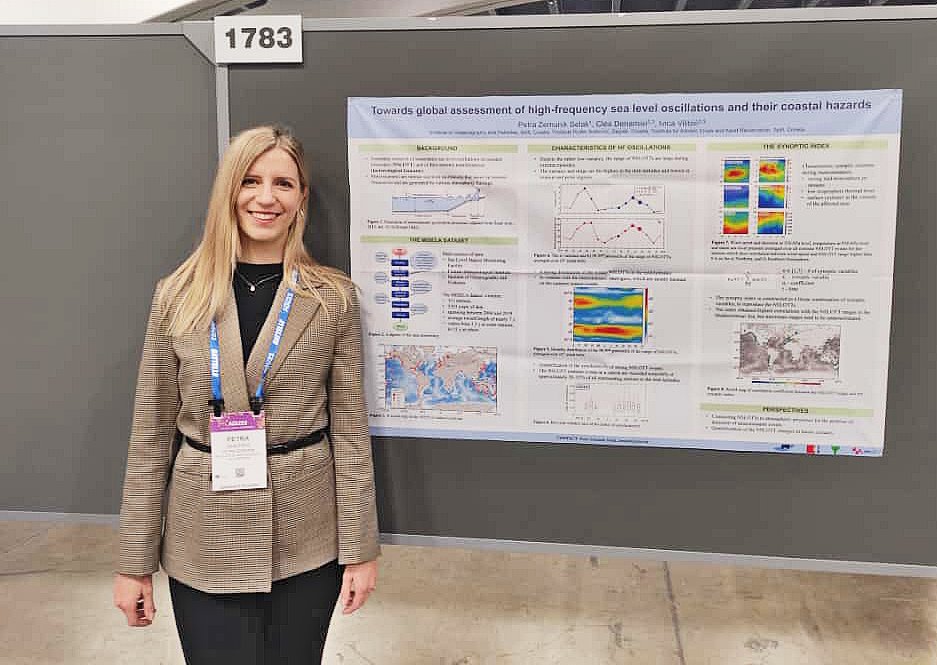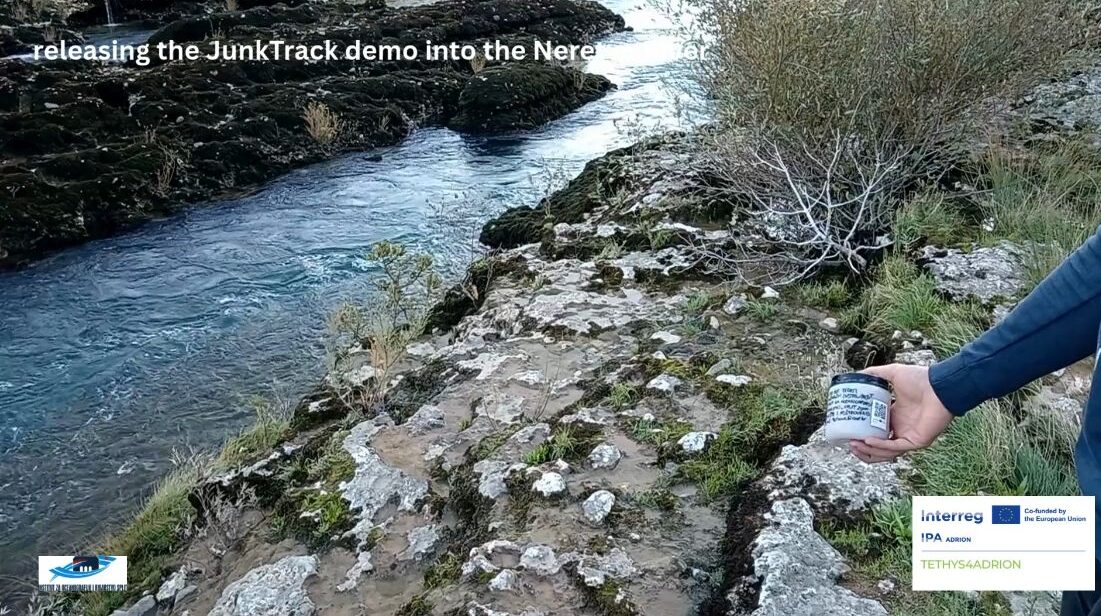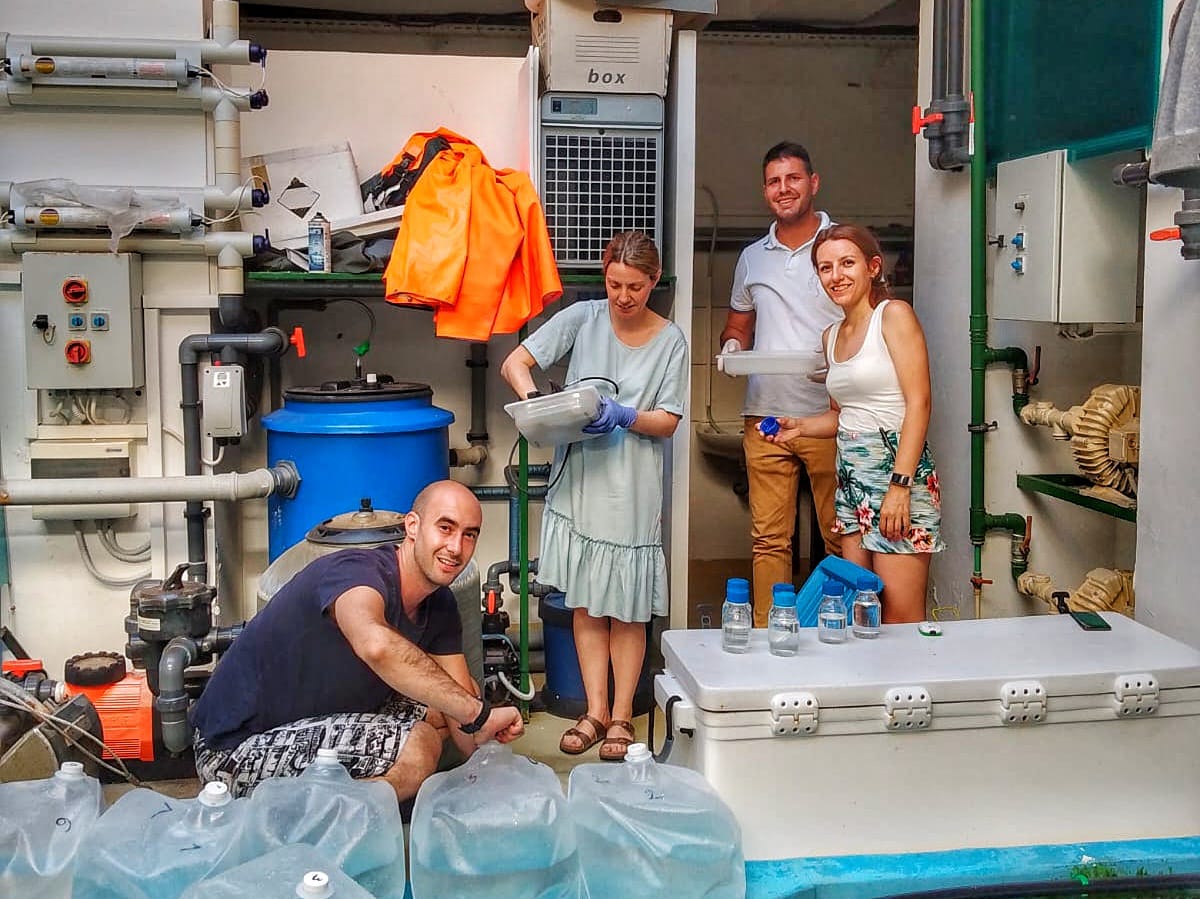Probiotics can play a key role in sustainable aquaculture by improving fish health through strengthening the immune system, maintaining gut microbiota balance, and reducing the need for antibiotic use. In addition, they enhance disease resistance and improve feed efficiency, contributing to more effective and healthier fish farming.
Scientific research warns that rising sea temperatures negatively affect fish health and increase the risk of disease. This poses a serious threat to the sustainability of aquaculture, especially in countries like Croatia, where the sector represents an important part of the economy.
Previous studies have shown that probiotics from the genera Lactobacillus, Bacillus, and Shewanella positively influence growth, digestion, and immune response in gilthead sea bream and European sea bass. To effectively address the challenges posed by climate change, further investigation of fish gut microbiota and the identification of novel probiotic strains is essential.
In line with this, an international team of scientists led by Dr. Jerko Hrabar from our Institute conducted an extensive study of the gut microbiota of sea bream and sea bass from Adriatic aquaculture farms. Using advanced bacterial sequencing and cultivation methods, the scientists identified the bacterium Bacillus velezensis, whose genome, antibiotic susceptibility, and immunomodulatory effects were thoroughly analyzed to assess its probiotic potential.
The results, published in the renowned journal Animal Microbiome, showed that Pseudomonas and Bacillus were among the dominant genera in the intestines of the examined fish. The selected strain of B. velezensis contains genes for numerous antimicrobial compounds and stimulates a strong anti-inflammatory response in leukocytes. Furthermore, it is susceptible to all tested antibiotics, making it safe for application.
These findings confirm that B. velezensis has great potential as an indigenous probiotic that could reduce the need for antibiotics in fish farming, thereby contributing significantly to more sustainable and environmentally friendly aquaculture.
However, before practical application, further research is needed to evaluate the actual production and effectiveness of its antimicrobial compounds under commercial farming conditions, as well as their activity against specific fish pathogens.
This research was co-funded by the projects AdriAquaNet – Enhancing Innovation and Sustainability in Adriatic Aquaculture (Interreg Italy–Croatia) and SustainAqua (NextGenerationEU – National Recovery and Resilience Plan 2021–2026).




